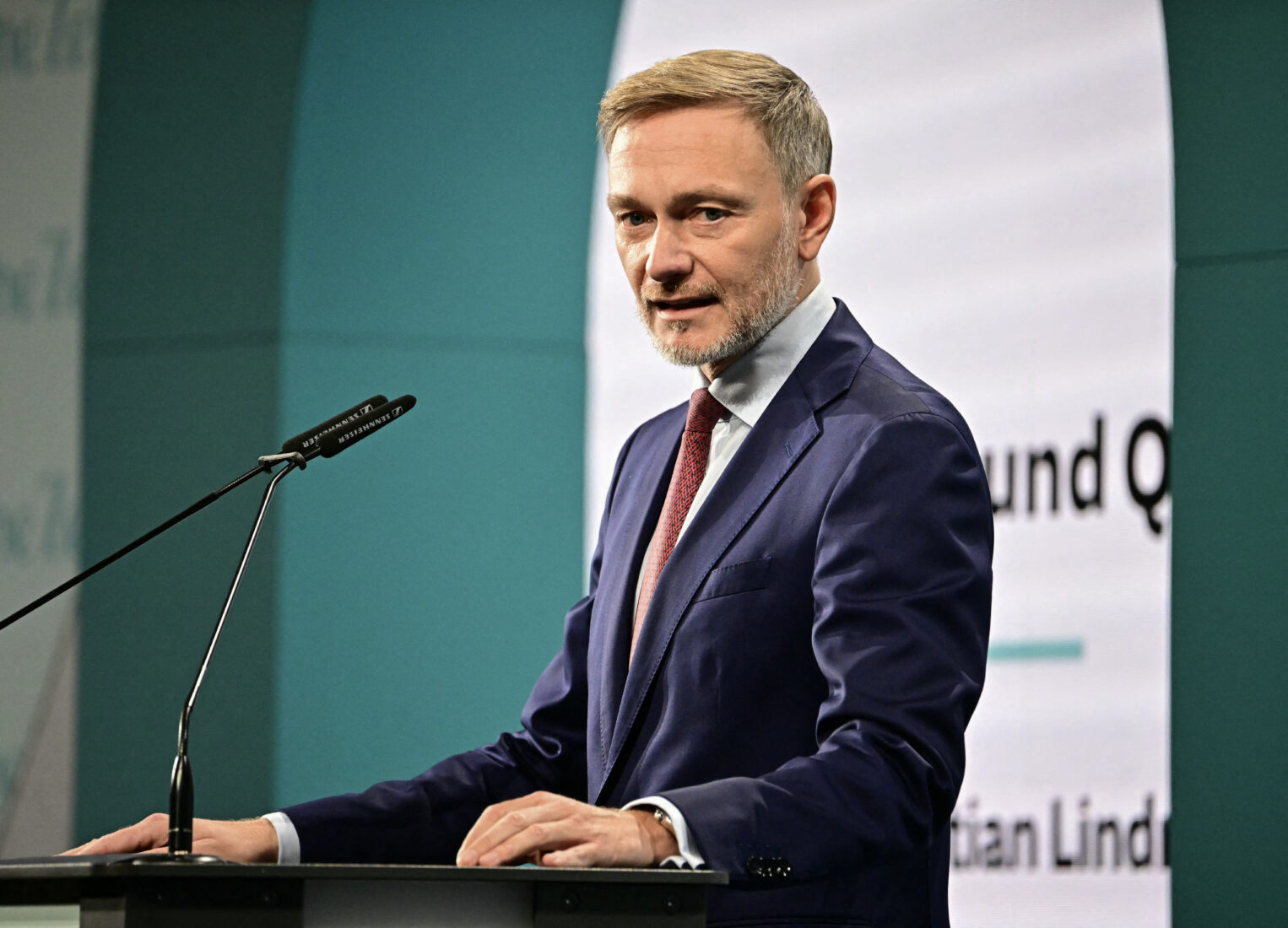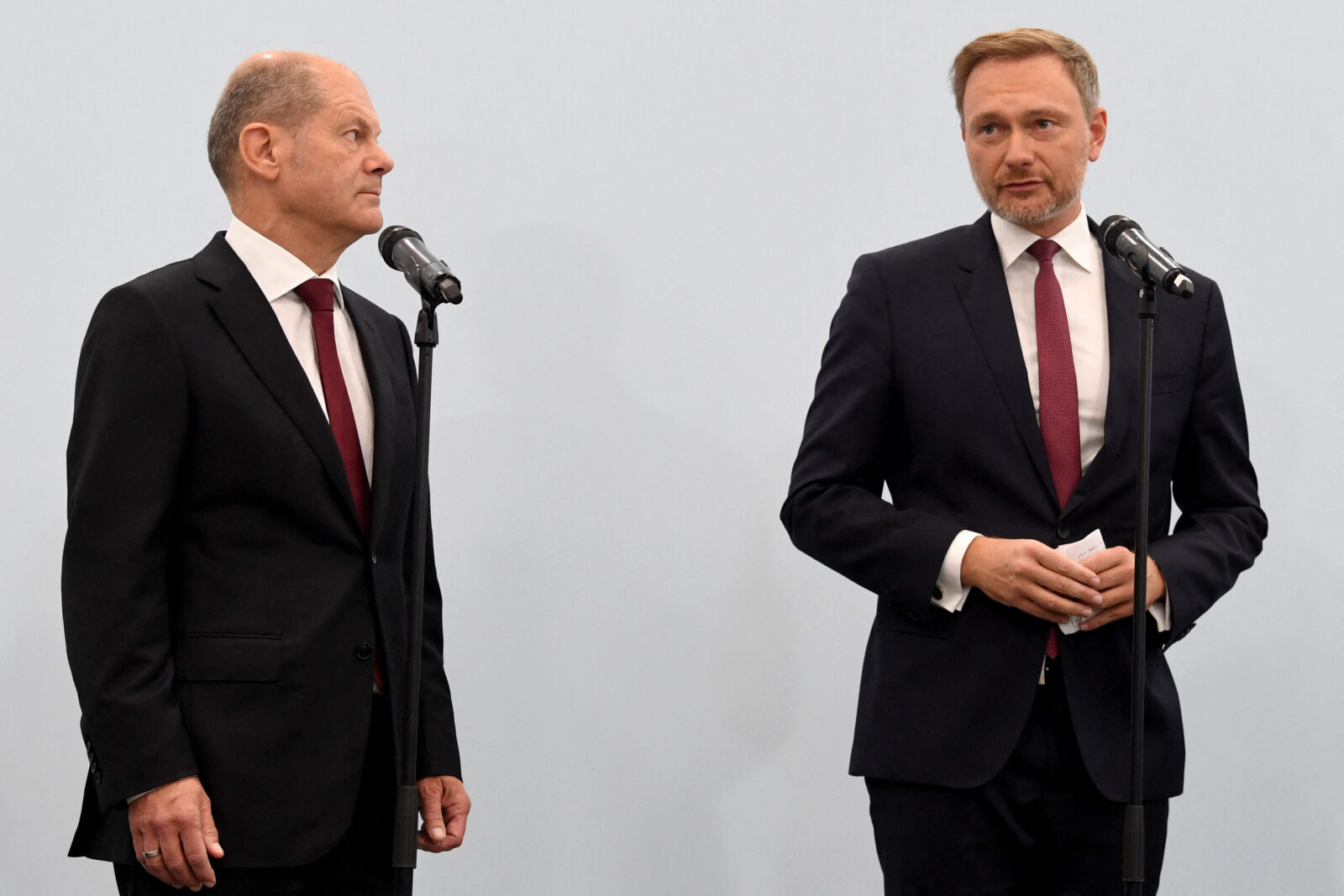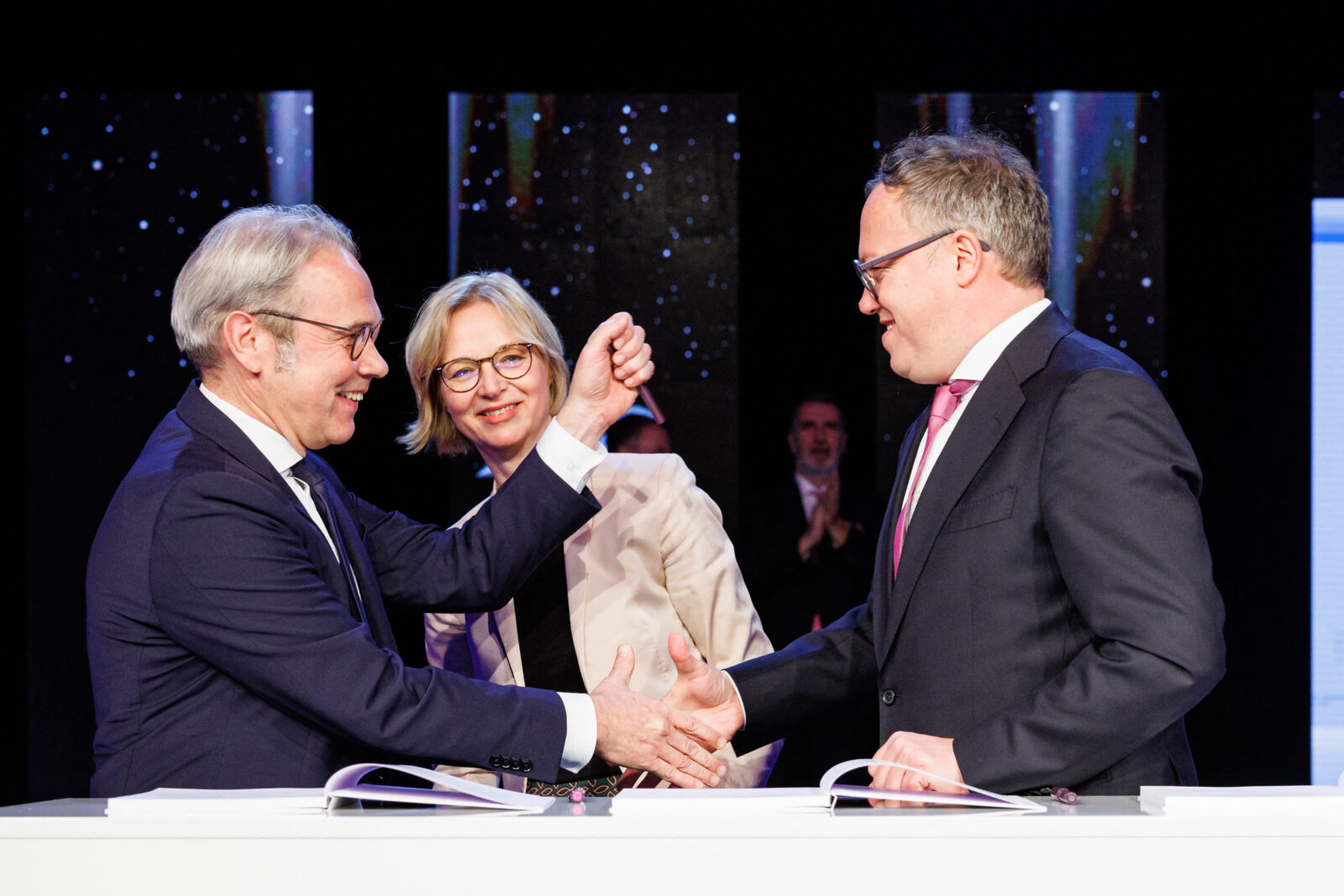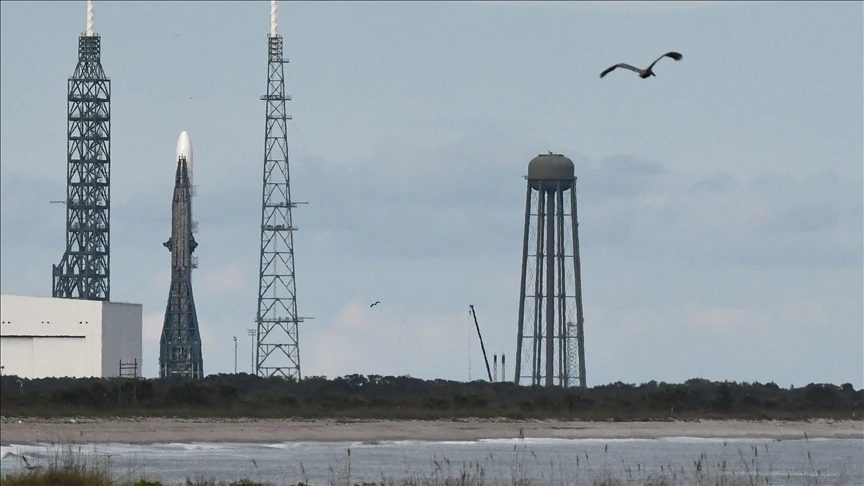Germany’s Scholz moves toward early elections amid political turmoil
 German Chancellor Olaf Scholz arrives to deliver a statement, at the Chancellery in Berlin, Germany, December 11, 2024. (AFP Photo)
German Chancellor Olaf Scholz arrives to deliver a statement, at the Chancellery in Berlin, Germany, December 11, 2024. (AFP Photo)
Germany’s Chancellor Olaf Scholz on Wednesday initiated the process for early elections, expected to take place on February 23. The country, Europe’s largest economy, is grappling with political and financial instability.
Scholz, the center-left leader, requested a vote of confidence in parliament for next Monday, a vote he is likely to lose, which will trigger the dissolution of parliament and set the stage for general elections.
In a brief televised address, Scholz emphasized that his government and the legislature would remain “fully capable” of governing until the elections, while stating his intention to “clear the way” for the upcoming electoral process.
Election campaign heats up
As the election campaign intensifies, Scholz’s Social Democrats (SPD) are trailing in opinion polls behind the conservative opposition bloc of CDU-CSU, led by Friedrich Merz. Key issues for voters include the struggling economy, the cost-of-living crisis, support for Ukraine amidst its war with Russia, and the resurgence of immigration debates amid upheaval in the Middle East.
Berlin’s political crisis comes at a tense time, following the recent ouster of French Prime Minister Michel Barnier in a no-confidence vote and with Donald Trump’s return to the U.S. presidency on January 20.
Scholz’s coalition government, formed three years ago, collapsed in early November after a bitter dispute over fiscal policy between the SPD and the liberal Free Democrats (FDP), who left the coalition. This has left the SPD in a minority government with the Greens, struggling to pass legislation.


Timeline for elections
Scholz’s procedural move will prompt a Bundestag vote on Monday, where Merz’s CDU-CSU bloc and other opposition parties are expected to express no confidence in the government. This would allow President Frank-Walter Steinmeier to dissolve parliament within 21 days and call elections within another 60 days, paving the way for elections on February 23, a timeline all major political players agreed to several weeks ago.

Key campaign figures
Friedrich Merz, 69, is the CDU’s top candidate, leading the conservative party’s alliance with the right-wing Bavarian CSU. The CDU/CSU bloc is currently polling at around 32%.
The far-right Alternative for Germany (AfD), under Alice Weidel, is polling second at around 18%, but it is expected to remain in opposition, as all other parties have pledged not to cooperate with the anti-immigration party.
Scholz, 66, will run again for the SPD, which is currently polling at around 15%, though it has gained two points in a recent survey. Scholz, who made a late comeback to win the 2021 elections, is presenting himself as a “peace chancellor” on Ukraine, advocating for support without provoking direct conflict with nuclear-armed Russia.
On the economy, which is expected to shrink for a second consecutive year, Scholz is pushing for increased business investment and a reduction in sales tax on food to help support poorer households.
The left-leaning Greens, led by Robert Habeck, are polling around 12-14%, making them a likely partner in the next government, although the CSU strongly opposes this possibility.
Smaller parties include the FDP, led by former finance minister Christian Lindner, which has suffered a blow following revelations about the leadership’s role in the coalition breakup. The far-left Alliance Sahra Wagenknecht (BSW), which splits from Die Linke earlier this year, will also compete, focusing on nationalism, anti-immigration policies, and a Moscow-friendly stance.



